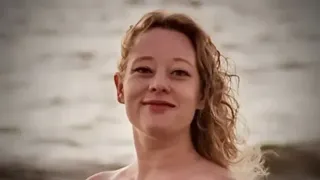February 18, 2021
Two Pieces Are Better Than One: Our 11 Favorite Tracksuits
Matthew Wexler READ TIME: 1 MIN.
With winter storms sweeping the country, there's no better time to hunker down in a comfy, two-piece tracksuit. From retro to fashion-forward, some of today's top brands are reimagining the tracksuit for comfort and style.
According to Frank and Oak, the tracksuit dates back to the 1960s and track and field stars like John Carlos and Tomie Smith. The music industry (namely Run DMC) sported the look in the 1980s; then the tracksuit migrated back to pro sports with 1992's Dream Team at the Barcelona Summer Olympics.
Britney Spears and Kim Kardashian have sported versions, too, proving that no matter if your star rises or falls, wearing a tracksuit never goes out of style. Instagram has exploded with more than 1.4 million #tracksuit hashtags. Here are some of our favorites:






